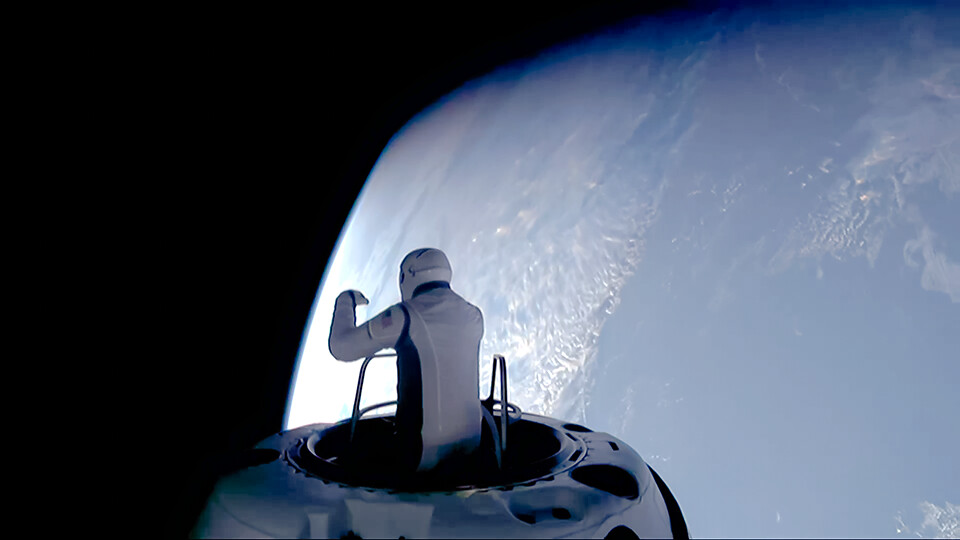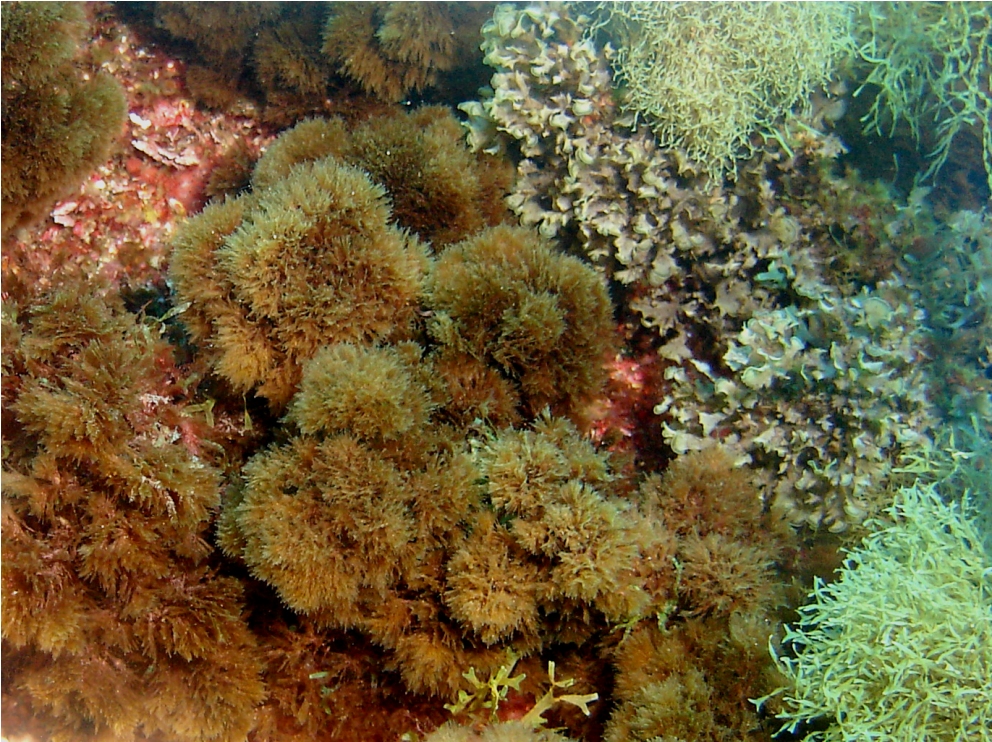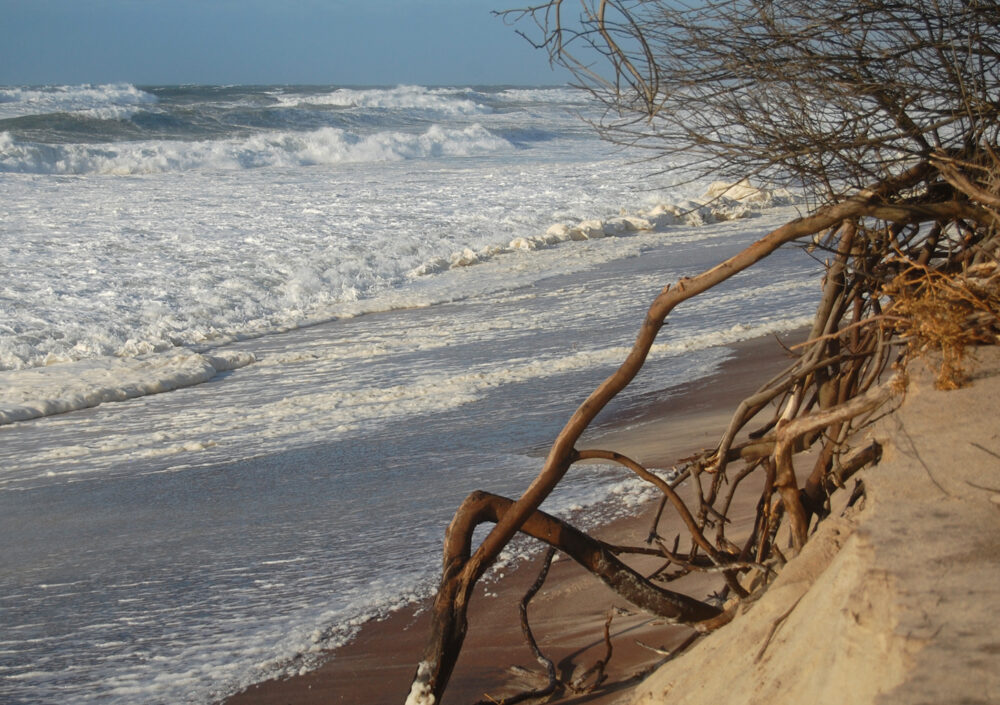Waiting until the last minute: How COVID-19 reinforced procrastination
Two days prior to the deadline of this article, not a single word had been written. Procrastination has been a problem for generations of students, which few remedies have successfully solved. This obstacle will not fade any time soon and may have been exacerbated recently due to the COVID-19 pandemic. Procrastination is the intentional delaying […]
Waiting until the last minute: How COVID-19 reinforced procrastination Read More »








